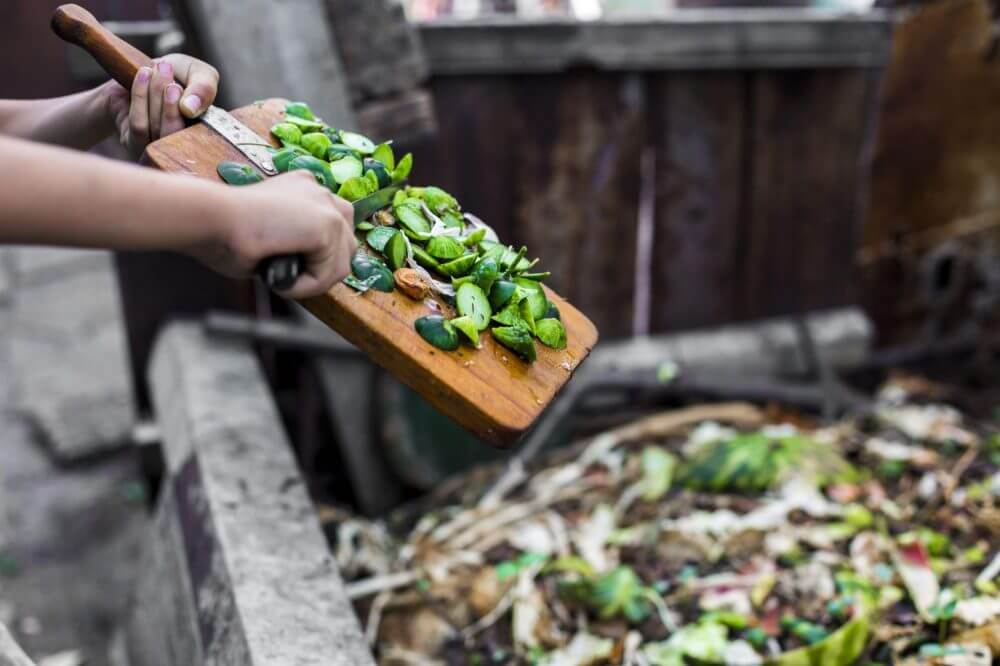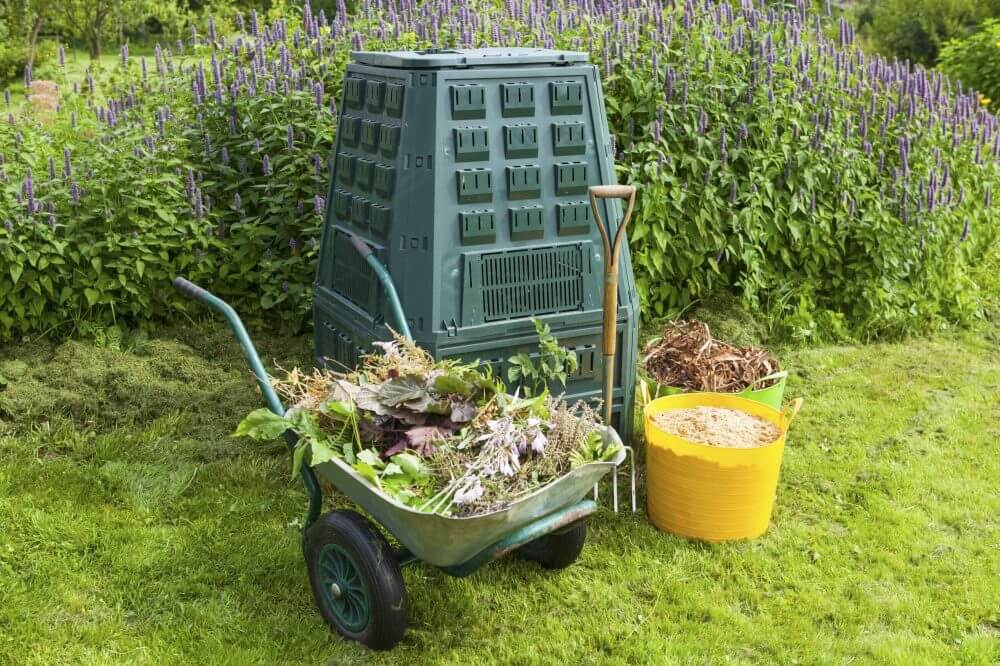No products in the cart.
Making your own Garden Compost
Getting outside and growing clean vegetable and plants is increasingly important as we care for our own health and vitality.
Compost increases the water holding capacity to the soil, adds nutrients and improves soil structure.
Home made Compost is a long-held tradition for many gardeners and is an essential component to the health of the soil we grow plants in.
Ingredients for making compost
Add one part of dry or brown ingredients to one part of fresh or green ingredients.
If compost pile is smelly, use more dry or brown ingredients. Keep moist, not water logged.

Fresh compost ingredients
Add fruit or vegetable peelings and small chopped plant clippings to the compost.
Fresh ingredients add nitrogen to the pile.
Smaller pieces are easier and faster to compost.
Dry compost ingredients
Dry or brown ingredients add carbon to the compost and help to aerate the pile.
Add dry leaves, shredded paper, cardboard, straw and egg cartons.
Dry ingredients add carbon to the pile.
Use Equal parts dry ingredients to fresh ingredients.
Sprinkle with water to moisten the dry ingredients to speed up the composting process.
Add Manure compost
Blood & bone, aged chicken, sheep or cow manures are beneficial to the compost pile as they are rich in nitrogen.
Nitrogen is beneficial for the health of the compost and plant growth.
Manures help to heat up the pile, speeding up the composting process
Coffee
Coffee grounds added to your compost or soil makes a great slow release fertilizer.
Tea leaves can also be added.

Tips for making compost
It is best to have a couple of compost bins on the go. One bin for filling while the other is full and composting.
Position the compost bins in a shady spot with direct contact with the soil.
Keep the compost moist but not water logged. If the pile is too wet, add more brown ingredients.
A commercial aerator will help to keep the ph. correct. A hand full of Lime once a month can be added.
The compost process takes around 8 – 10 weeks in warm weather
Making your own garden compost is a rewarding activity.
For those who do not want to wait, there are commercial composts on the market such as Mushroom compost, Diggers Compost, Revive or a blended soil with compost added.
Which ever way you go, enjoy seeing your soil and plant health improve throughout the growing season.




